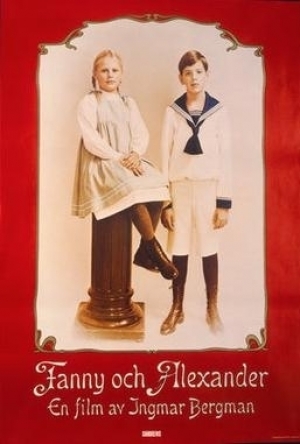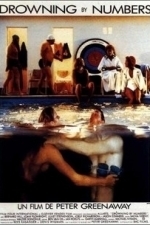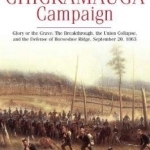
The Chickamauga Campaign - Glory or the Grave: The Breakthrough, the Union Collapse, and the Defense of Horseshoe Ridge, September 20, 1863
Book
Now in paperback, Glory or the Grave: The Breakthrough, the Union Collapse, and the Defense of...
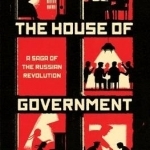
The House of Government: A Saga of the Russian Revolution
Book
On the 100th anniversary of the Russian Revolution, the epic story of an enormous apartment building...
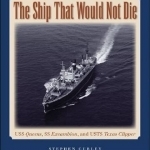
The Ship That Would Not Die: USS Queens, SS Excambion and USTS Texas Clipper
Stephen Curley and J. Dale Shively
Book
Starting its life as an attack transport in World War II-and one of the last five left afloat by...

Consuming Stories: Kara Walker and the Imagining of American Race
Book
In Consuming Stories, Rebecca Peabody uses the work of contemporary American artist Kara Walker to...

The Big Thing: How to Complete Your Creative Project Even If You're a Lazy, Self-Doubting Procrastinator Like Me
Book
A New York Times business journalist explains why it's important for people to pursue big creative...

The Art of Failure: An Essay on the Pain of Playing Video Games
Book
We may think of video games as being "fun," but in The Art of Failure, Jesper Juul claims that this...

Edo Kabuki in Transition: From the Worlds of the Samurai to the Vengeful Female Ghost
Book
Satoko Shimazaki revisits three centuries of kabuki theater, reframing it as a key player in the...
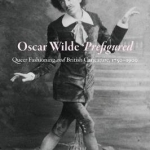
Oscar Wilde Prefigured: Queer Fashioning and British Caricature, 1750-1900
Book
"I do not say you are it, but you look it, and you pose at it, which is just as bad," Lord...
